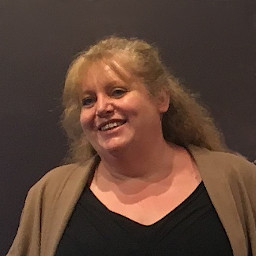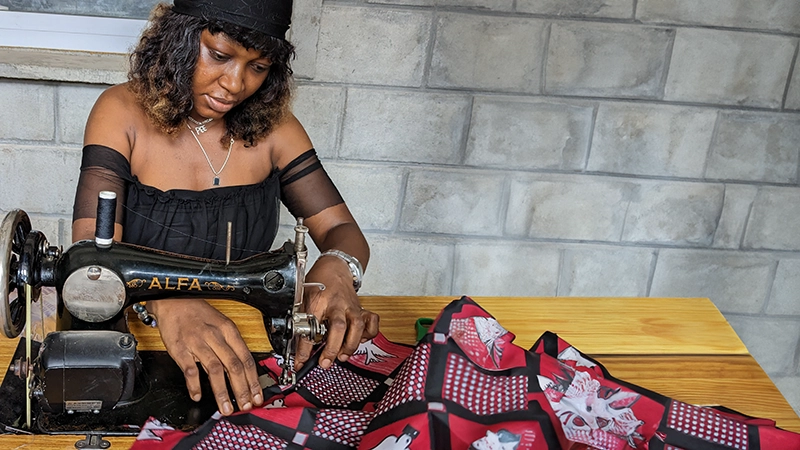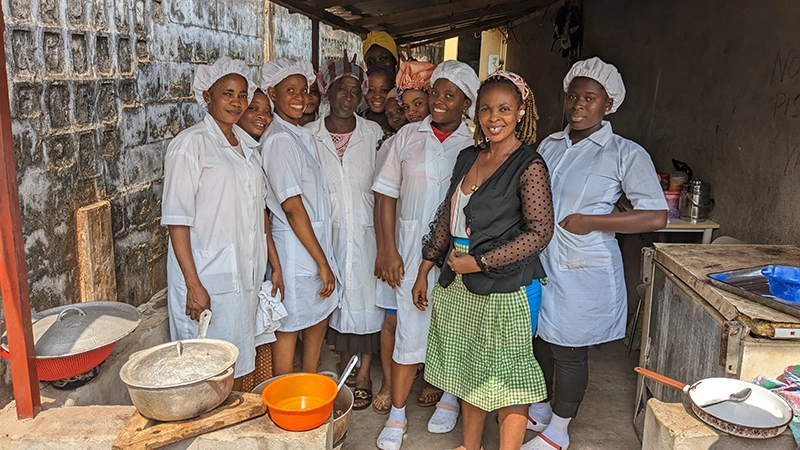Young women in Cameroon and Sierra Leone are building skills through a mentoring project so they can expand their employment opportunities. The project, called GEN-UP, also sets out to challenge gender stereotypes within the workplace. Young women in many African countries are under-represented in vocational skills training, and are typically unable to transition beyond ad hoc low-skilled work.
GEN-UP, funded by the British Academy Youth Futures Scheme, is led by Dr Ross Wignall, Senior Lecturer in Anthropology, together with Dr Brigitte Piquard, Reader in Humanitarianism and Conflict. Designed with input from young women in local communities, it enables them to take part in technical and vocational education and training in a supportive environment, paving the way to sustainable longer term employment.
Young women in training centres and community groups are learning skills such as tailoring, catering and hairdressing as part of the programme. The Don Bosco technical centres, an NGO vocational training network for vulnerable young people, are one of the project’s main partners.
Each young woman receives advice and guidance from a mentor, an older woman already established in the workplace. You can learn more about GEN-UP and participants’ experiences in these testimonials.
As well as empowering young women to build careers in male-dominated labour sectors, the project fosters a more inclusive and diverse workforce. Young women in training face sexual harrassment and exploitation, child marriage and other problems such as educational dropout, all of which escalated during the Covid-19 pandemic.
Dr Ross Wignall
Senior Lecturer in Social/Cultural Anthropology




